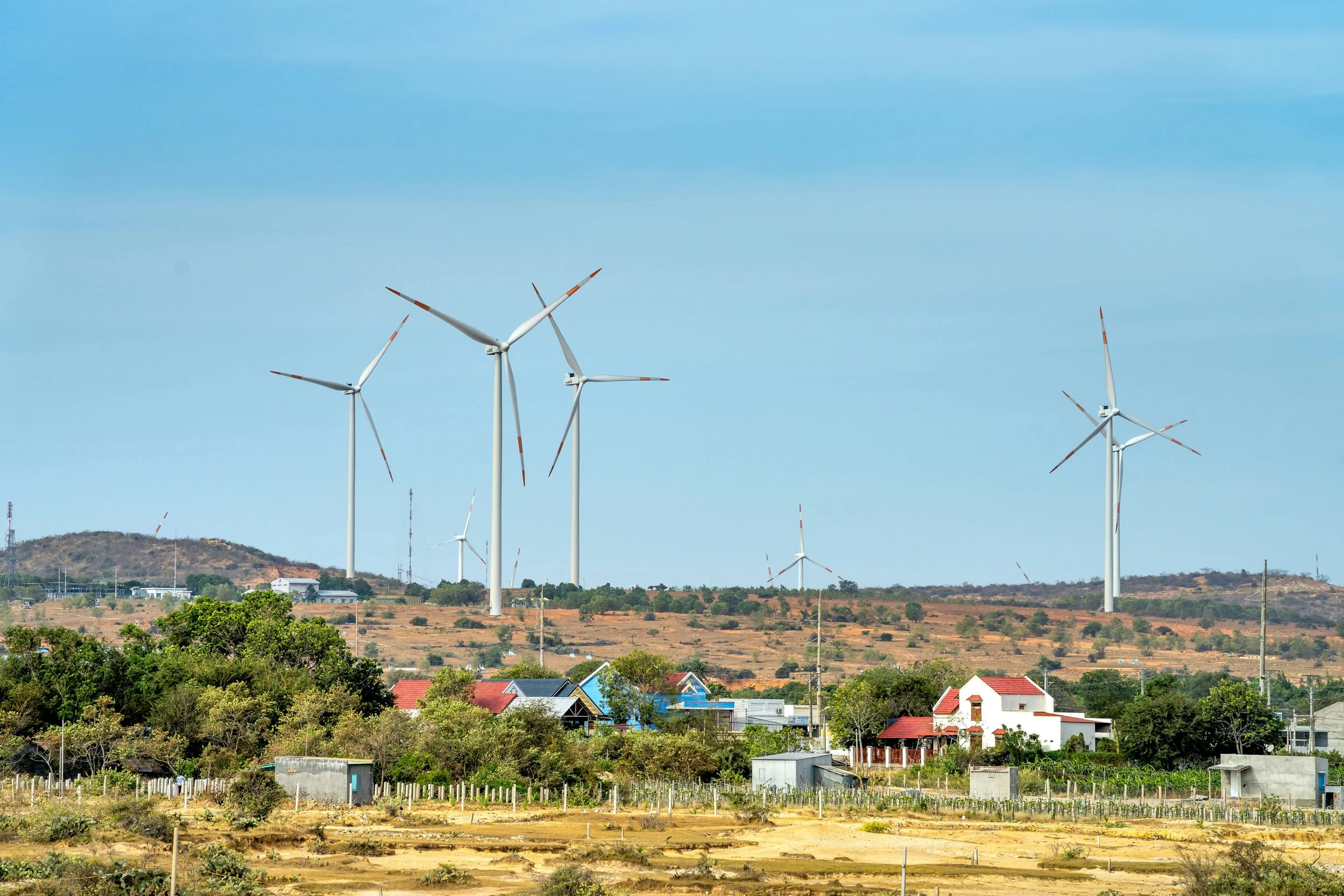Powering the Net-Zero Dream: Investing in Emerging Markets
The world is racing toward a net-zero future by mid-century. However, one undeniable truth is that this global target cannot be achieved without the active participation of emerging markets. Home to over half of the world’s population, these countries are poised to drive future energy demand. Yet, they face significant hurdles in their energy transition–raging from technological gaps, to infrastructure limitations and financial constraints.
Image Sources: Quang Nguyen Vinh (Unsplash)
Why Emerging Country Matters in the Net-Zero Equation
Emerging markets are not merely observers in the global energy transformation–they are essential actors and the absolute key to achieve net-zero. To meet global climate targets on time, clean energy investment in these countries must rise to USD 2.2-8 trillion per year by 2030. Yet, ironically, only around 15% of global clean energy investment flows into emerging economies. This investment gap poses a major challenge, as these funds are crucial to enable emerging markets to leap forward and stay on track with their net-zero agendas.
Unlocking Clean Energy Investment in Emerging Markets
Attracting large-scale clean energy investment in developing economies requires a supportive policy framework and conducive investment climate. Among the diverse landscape of developing nations, Türkiye stands out as a compelling example with substantial, yet underexplored, investment potential in clean energy.
A G20 member uniquely positioned at the crossroads of Europe and Asia, Türkiye holds immense potential to become a regional energy hub. Blessed by abundant clean energy resources, with over 54% of Türkiye’s installed power capacity comes from renewable energy sources today–it’s a remarkable shift from its former dependence on fossil fuel imports.
Türkiye has also ratified the Paris Agreement 2021, and has committed to achieving net-zero by 2053. Despite this progress, Türkiye still encountered several critical challenges.
Financing Gap: Access to dedicated financing for clean energy projects remains limited. There is still a lack of diverse financial instruments that can fully support the country’s energy transition.
Technology Development Gap: Technology plays a pivotal role in the success of clean energy transitions. Without adequate technological infrastructure–such as an energy storage system–Türkiye will struggle to meet its net-zero targets.
Why Türkiye Belongs on the Clean Energy Investor’s Radar
Türkiye represents a compelling investment opportunity for those looking to scale clean energy impact.
Strategic Location: Its unique geographical position bridging Europe, Asia, and the Middle East energy markets, offers opportunities for regional energy trade and the potential energy hub.
Growing Domestic Demand: Fueled by industrial expansion and urbanization, which can be met by clean energy resources.
Abundant Yet Underutilized Resources: Türkiye possesses significant untapped potential, particularly in solar and wind energy.
Strong Political Commitment: Reflected in regulatory reforms and permitting support, demonstrated the government’s seriousness about the energy transition.
Evolving Financial Sector: Türkiye financial sectors continue to evolve and hold potential, with increasing openness to green investments and public-private partnership for clean energy projects.
Accelerating the Net-Zero Dream
Investing in clean energy in emerging markets is not just about achieving climate goals– it represents a strategic opportunity for sustainable growth, fostering energy security, and shaping a cleaner future for all.
Türkiye is not merely an emerging market–it is an emerging opportunity. Forward-thinking investors need to turn their gaze towards Türkiye and recognize the diverse opportunities it offers. With the right investment strategies, the dream of net-zero moves closer within reach.


